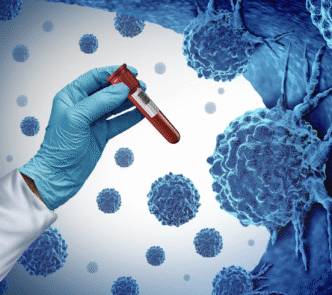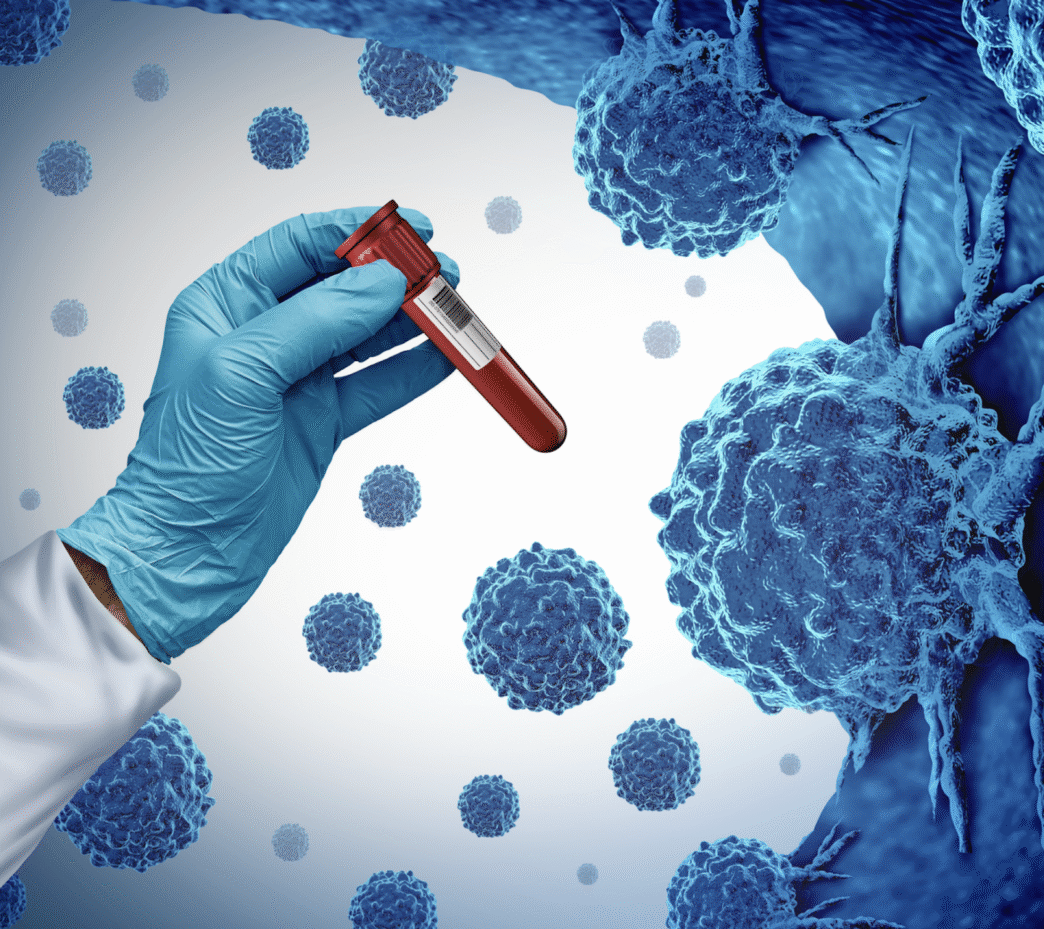Scientists in North America have developed a groundbreaking blood test that can identify more than 50 forms of cancer with remarkable accuracy.
Gatekeepers News reports that the large-scale trial, which involved about 25,000 adults across the United States and Canada, revealed that the test, known as Galleri and developed by the American biotechnology company Grail, can detect multiple cancers, often at their earliest stages when treatment is most effective.
According to the findings, the test identifies fragments of tumour DNA circulating in the bloodstream. About one in every hundred participants tested positive, and cancer was later confirmed in 62 percent of those cases.
It also showed strong reliability in ruling out disease, accurately returning negative results in over 99 percent of healthy individuals.
Researchers noted that combining the test with existing screening programs for breast, bowel, and cervical cancers increased detection rates sevenfold. Importantly, nearly 75 percent of the cancers identified were types for which no regular screening currently exists such as ovarian, pancreatic, liver, stomach, and bladder cancers. The test also correctly located the tissue of origin in nine out of ten cases.
Clare Turnbull, from the Institute of Cancer Research in London, stressed that more data from randomised studies measuring mortality will be vital to confirm whether early detection through Galleri truly leads to improved survival rates.
Similarly, Nima Nabavizadeh, associate professor of radiation medicine at Oregon Health & Science University, said the findings suggest the innovation could “fundamentally change” the future of cancer screening.
The initial results will be unveiled at the European Society for Medical Oncology Congress in Berlin on Saturday. Although the full study is yet to be peer-reviewed, the test is already being piloted by the UK’s National Health Service (NHS) in a three-year trial involving 140,000 participants, with full outcomes expected next year. If proven successful, the NHS plans to expand access to one million additional people.








